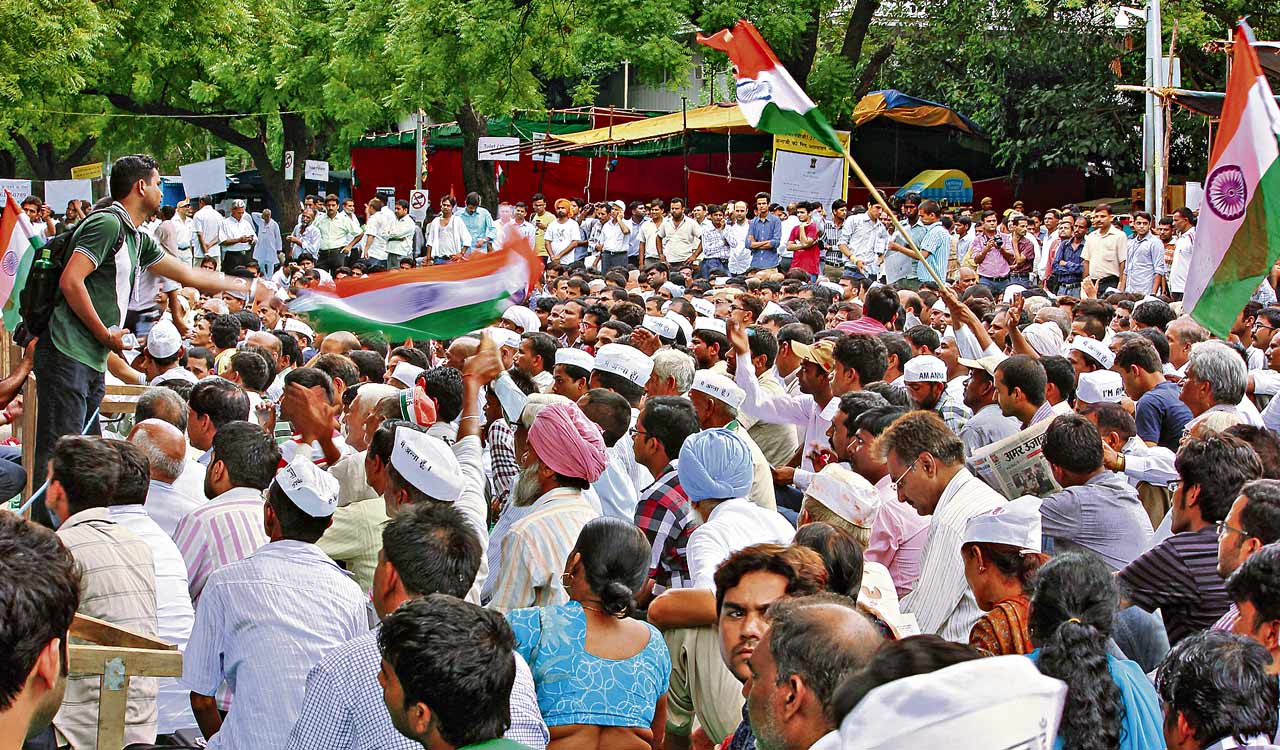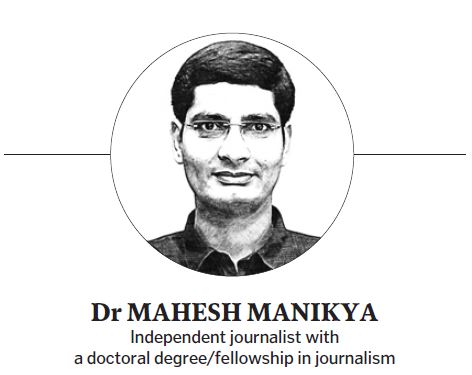In the face of majoritarianism, regional parties must wake up to the reality of their gradual decline and assert their individuality
Published Date – 7 February 2024, 11:59 PM

By Dr Mahesh Manikya
In the intricate tapestry of Indian politics, the significance of regional powers has never been more evident than in the current state of alliance dynamics. India, at the crossroads of political uncertainty, finds itself grappling with the consequences of faltering national alliances. The tectonic shifts in the political landscape point towards a pressing need for regional powers to take centre stage in shaping the future trajectory of the nation.
Weak Foundation
The recent attempts by the Congress to forge alliances with its I.N.D.I.A front on a national scale have met with formidable challenges, laying bare the weakness of its foundation. The desperation for power, devoid of a strong and cohesive strategy, has rendered the Congress-led I.N.D.I.A alliance experiment ineffective before the impending general elections. Congress, once a national behemoth, is now grappling with a severe decline in its influence across the country. Its survival hinges on aligning with regional forces, acknowledging the reality that it has shrunk to the size of many larger regional parties.
The arrogance of Congress, reluctant to accept the dominance of regional forces like the BRS in Telangana, TMC in West Bengal, and Aam Aadmi Party in Delhi, the DMK in Tamil Nadu, and Shiv Sena and NCP in Maharashtra emerges as a formidable obstacle to effective national alliances. This false pride hampers the formation of a strong united front against the growing influence of the Bharatiya Janata Party (BJP) at the national level.
As the Congress-led I.N.D.I.A alliance is faltering, the role of regional powers assumes paramount importance in the upcoming Lok Sabha elections. The arithmetic strength of regional parties surpasses that of Congress, paving a new way for a post-poll coalition that could play a pivotal role in deciding the central government.
Flawed Strategy
The inherent flaw in the current I.N.D.I.A alliance attempt lies in the unrealistic expectation that regional leaders, who have built their parties on strong regional foundations, would willingly align with the Congress on a national level. This flawed strategy overlooks the historical rivalries between the Congress and regional parties, compounding the challenges faced in forming a cohesive alliance against the BJP. The weakness of the current I.N.D.I.A alliance is further exacerbated by the lack of clear decision-making within the Congress. The party’s internal dynamics, with decisions seemingly issuing from 10 Janpath rather than a coherent central leadership, cast doubts on its ability to effectively lead a national alliance.
The ambiguity surrounding Rahul Gandhi’s role within the party adds to the confusion, raising questions about the strength of the I.N.D.I.A alliance. With only 47 seats in the alliance, Congress faces the uphill task of convincing regional parties to compromise on seat-sharing arrangements. The reluctance of powerful regional players like the TMC, NCP and AAP to cede ground to the Congress jeopardises the viability of the alliance.
Federal Spirit
In this scenario, the emergence of a coalition of regional parties becomes imperative to counter the formidable BJP and uphold the constitutional, democratic and federal spirit. This effort can bring diversity in governance approaches, stemming from the ideological foundations of regional parties and can ensure more inclusive decision-making that addresses the needs of all sections of society.
However, the current political landscape demands a departure from traditional mindsets and a move towards a unified front of regional parties without tethering themselves to a national party. The urgency lies in avoiding the pitfalls of succumbing to the gravitational pull of Delhi-centric politics, a tendency that has historically weakened regional parties.
The regional parties, with strong leaders in States like Bihar, Uttar Pradesh, Punjab, Delhi, West Bengal, Maharashtra, Karnataka, Andhra Pradesh, Telangana and Tamil Nadu, collectively hold the key to providing a true federal alternative to the BJP. These regional forces are controlling or impacting the electoral arithmetics with a whopping 350-plus Lok Sabha seats. Their alliance could not only present a formidable challenge in the elections but also counter the increasing central pressure faced by the States.
In the face of hyper-nationalism and majoritarianism, regional parties must wake up to the reality of their gradual decline and assert their individuality. An alliance of regional powers may be the last bastion of hope for the Indian federation, preserving the true spirit of federalism and ensuring that the diverse needs of the nation are adequately represented in the national narrative.





